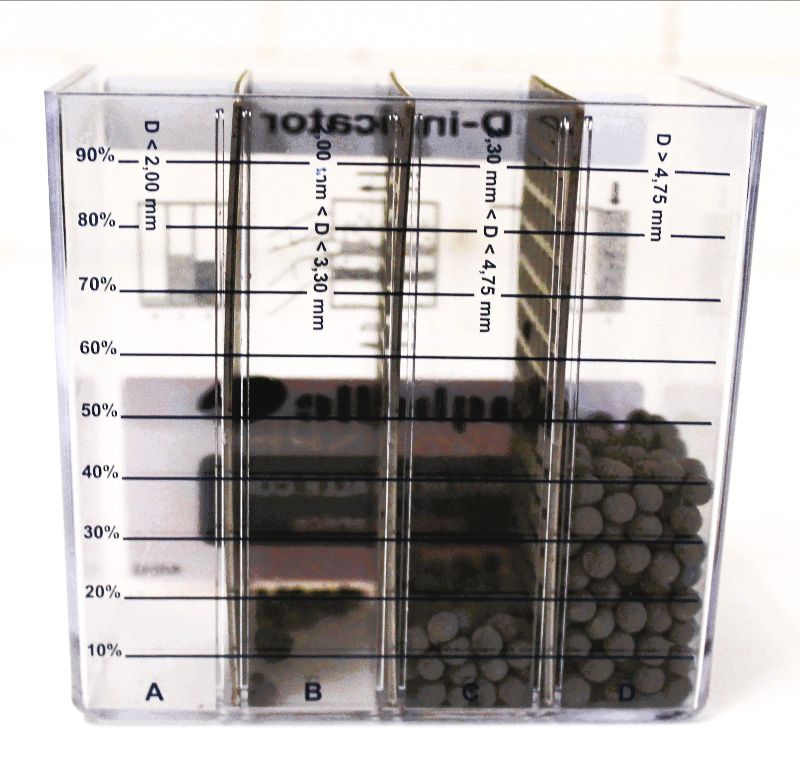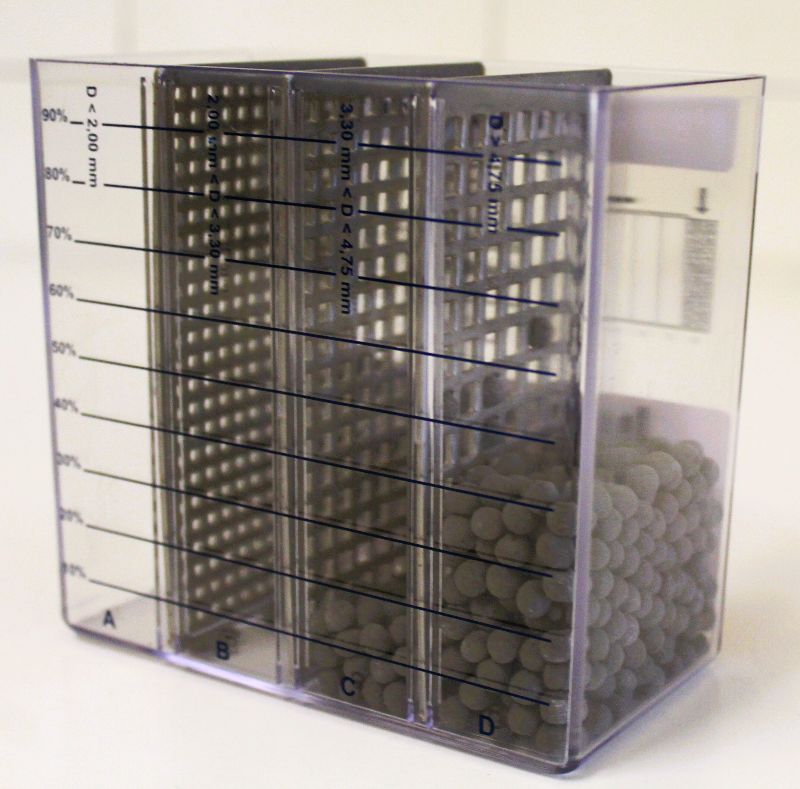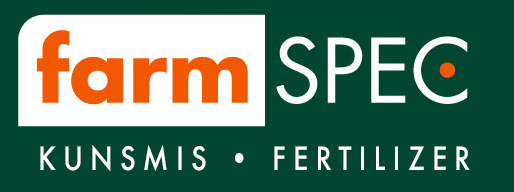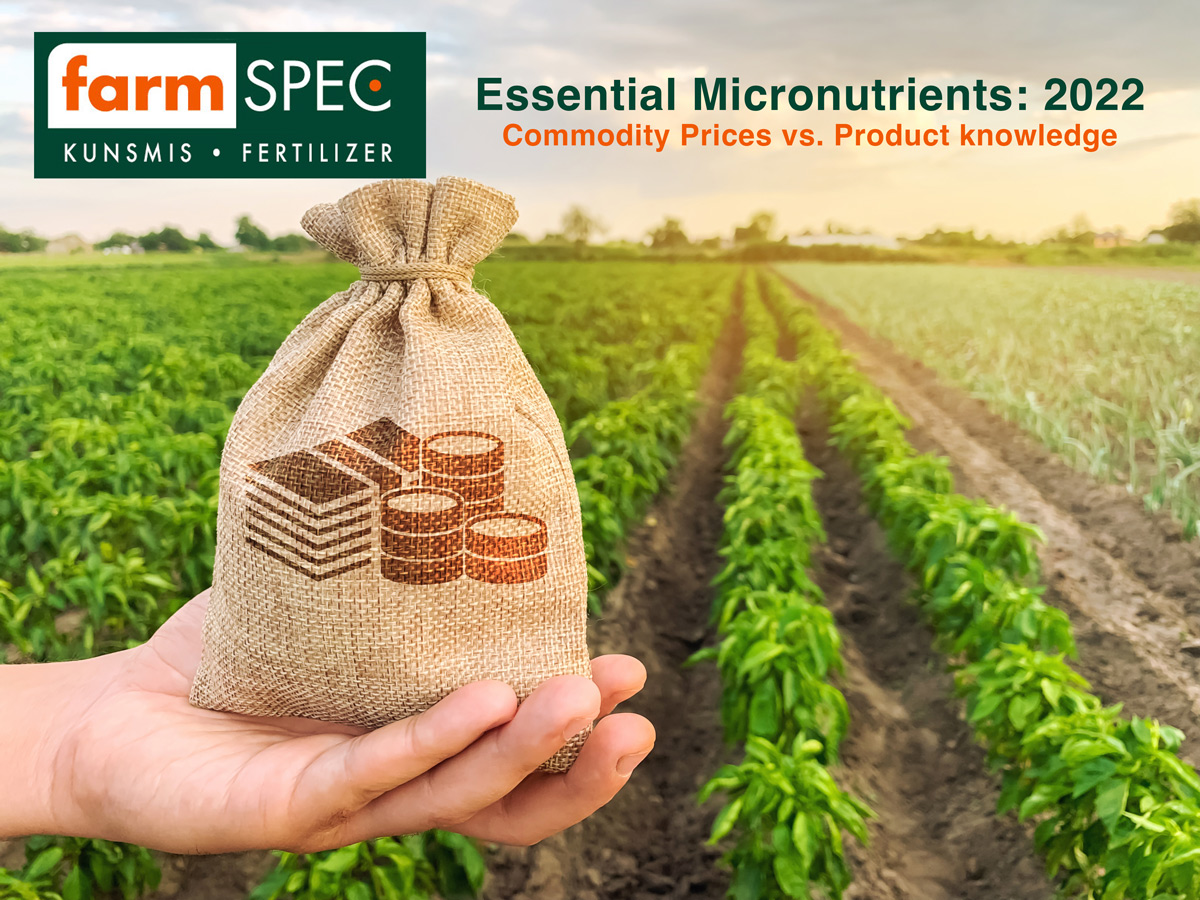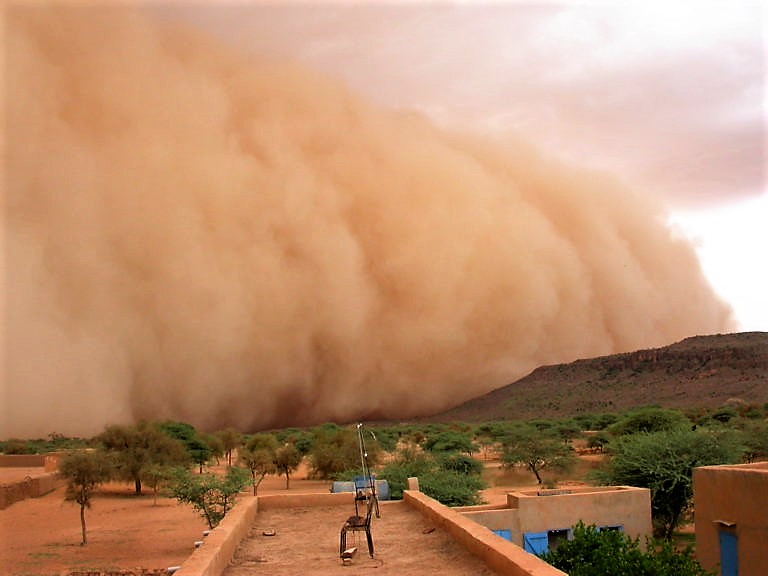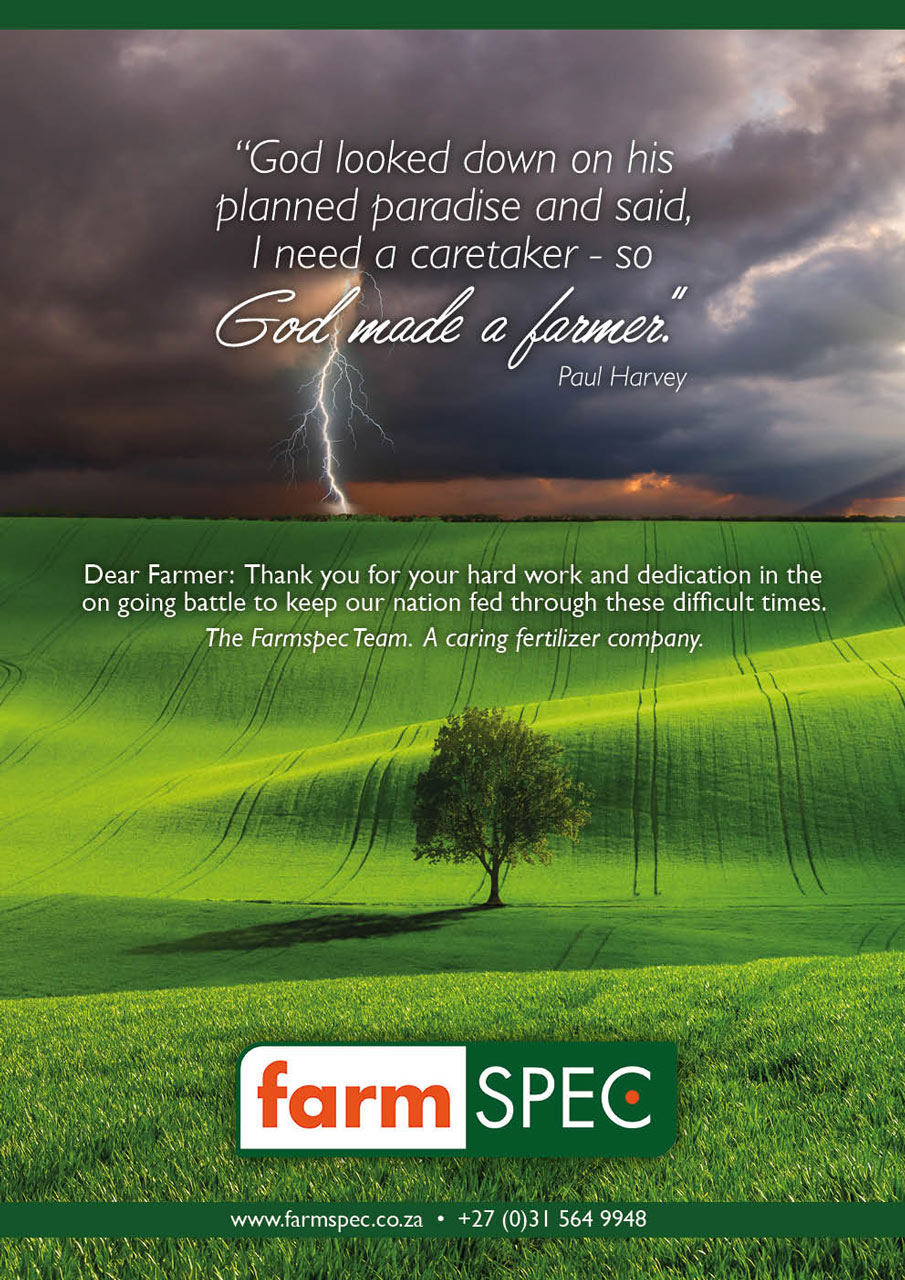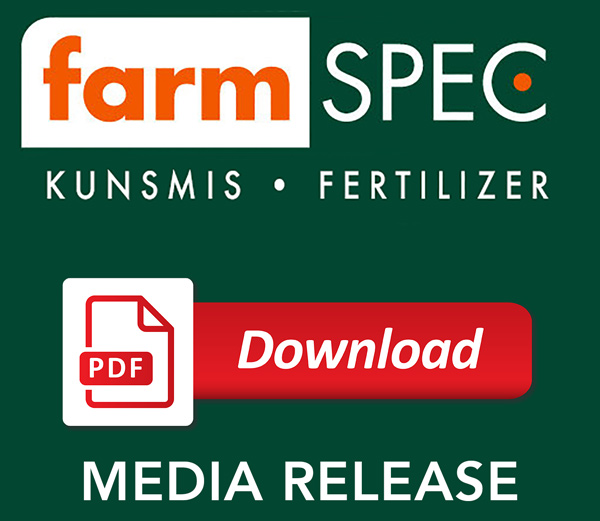There has been a growing concern in recent history over the harmful effects that dust contamination has on agricultural crops of all kinds on a global scale. The world’s population is growing at historic rates and the food supply needs to grow accordingly. Therefore it is so essential to find a sustainable solution to the problem of suspended particulate matter being dispersed amongst the valuable agricultural crops that feed the entire world. Dust-Ban is the perfect environmentally friendly solution to provide a sustainable way to control the effects of dust contamination annually, ensuring that agricultural crops are nourished in the best possible conditions.
Traffic and weather on roads in and around agricultural crops and farmland stir up fines from the road that combine to form huge clouds of dust. These dust clouds do not end up in the same place that they originated, but they are carried through the wind and dispersed in the surrounding areas that are covered in massive fields of agricultural crops. This dust is extremely detrimental to the health and nourishment of the crops themselves, producing lower yields and a large economic loss suffered by the farmer or agricultural company. Contained in the dust are particles of sand, dirt, gravel and dust that originate from cars including tire-wear dust, brake-lining dust and tailpipe emissions. All of these sources of dust combine to form a layer of dust over the entire crop, clogging the pores of plants and inhibiting its ability to accept its essential nourishment in the form of sunlight, water and oxygen.
Some current dust suppressant products in use today in and around agricultural crops contain toxic chemicals or salts including magnesium chloride or calcium chloride, both of which have been recently declared toxic by various government agencies. When these products eventually break down and are also dispersed in the form of suspended particulate matter, they have numerous negative effects on the soil and the crops themselves. When it is the case of road salts, the salt eventually ends up in the soil making its salinization level too high to properly raise crops. The toxic chemicals that are present in other dust control products can make their way into the soil and migrate into surface and groundwater supplies, eventually leaving traces in various communities’ water sources. They not only influence water supplies, but also food supplies as crops all over the world are absorbing theses toxic chemicals through the soil that they are grown in.
Dust-Ban is made up of 100% organic materials that have absolutely no effect when subjected to soil and water that is being utilized for agricultural purposes. Dust-Ban will also successfully inhibit the loss of valuable fines from the road surface preventing the massive dust clouds from forming and being dispersed over ecologically fragile agricultural areas. This will allow for healthier crops, bigger yields, safer food sources, huge economic gains and growth for all those involved. Dust-Ban is the perfect sustainable environmentally friendly solution to all dust control needs in and around agricultural areas. The sizeable profits realized by using Dust-Ban around crops combined with the savings gained in saleable agricultural end products allows the farmer and agricultural operations to reinvest this money in more crop increases that the world so desperately needs today.
Liquid Dust-Ban is supplied by bulk tanker, whilst powder is available in 25kg bags or 600kg bulk. Dust-Ban is distributed nation-wide and to countries in South East Asia, the Middle East, Australasia and North America. Our network of approved agents are qualified to provide advice and assistance in the use of Dust-Ban needs analysis, identifying the most suitable application methods, recommending the quantities required and ensuring delivery on time.
Dust-Ban is environmentally friendly because it is a natural product. sourced from trees, it is non-toxic to humans, plants and animals. It is biodegradable and made from renewable sources.
Dust-Ban is a binding additive that suppresses the formation of dust. It is particularly effective in preventing gravel loss on non-tarred roads, thus limiting the formation of corrugations and improving the quality of the road surface. This, in turn, improves road safety, makes traveling more comfortable, decreases vehicle operating and maintenance costs and decreases the cost of road maintenance.
Dust-Ban is made from lignosulphonate, which is a natural product derived from lignin. Lignin, a polymer found in wood, binds cells together, creating a composite material that resists impact and bending. Applied to a road, Dust-Ban binds the surface mater reducing erosion. Thereafter, vehicles traveling on the road apply pressure to the surface, compressing and hardening it, and reducing wear and tear yet further.
